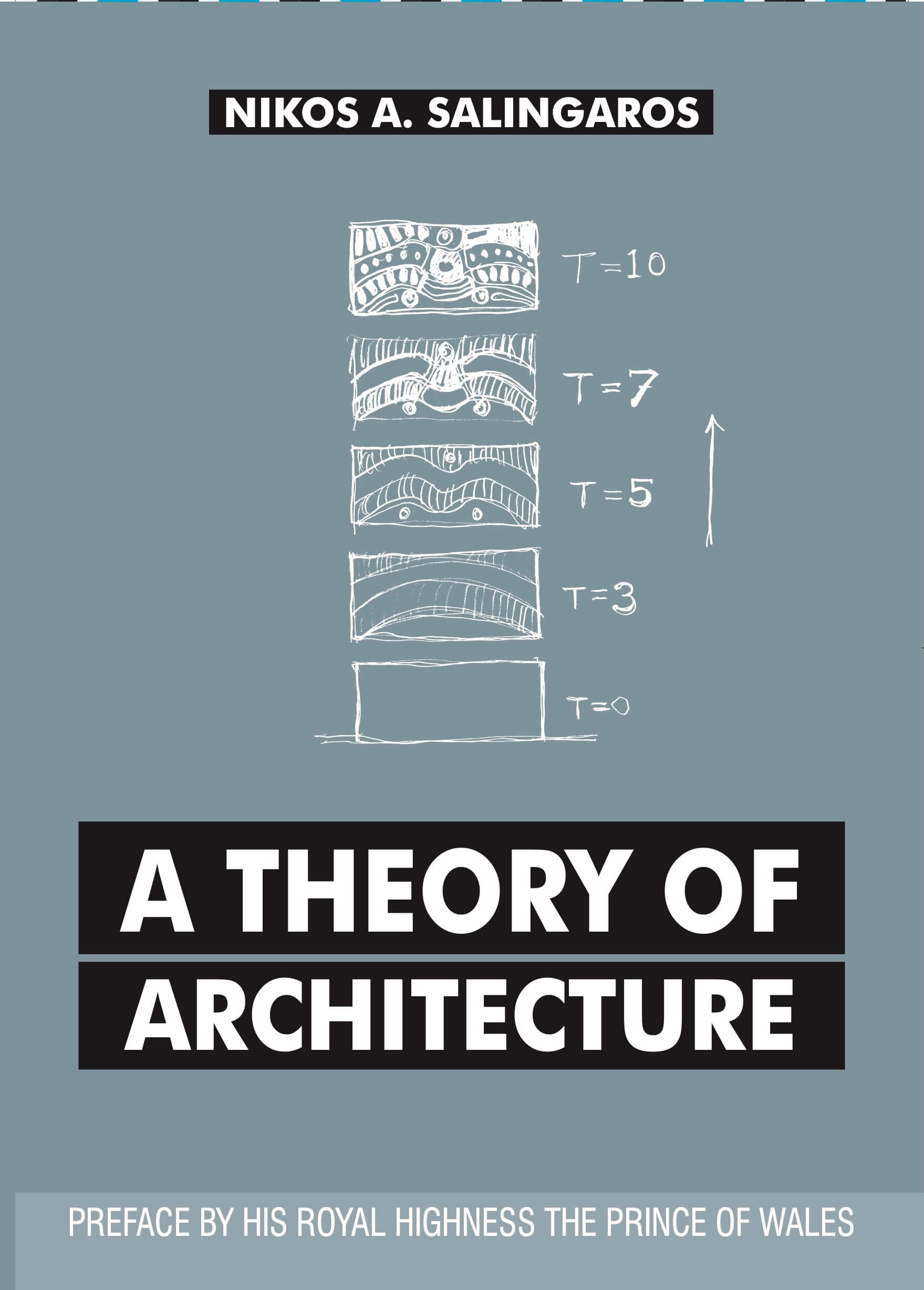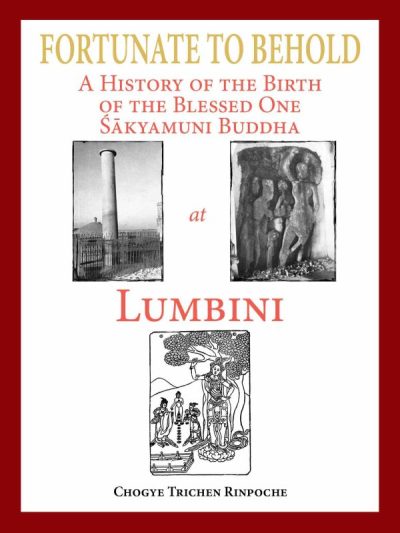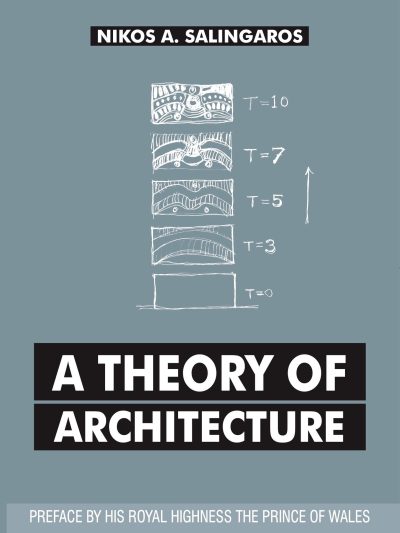Description
More than a decade in the making, this is a textbook of architecture, useful for every architect: from first-year students, to those taking senior design studio, to graduate students writing a Ph.D. dissertation in architectural theory, to experienced practicing architects. It is very carefully written so that it can be read even by the beginning architecture student. The information contained here is a veritable gold mine of design techniques. This book teaches the reader how to design by adapting to human needs and sensibilities, yet independently of any particular style. Here is a unification of genuine architectural knowledge that brings a new clarity to the discipline. It explains much of what people instinctively know about architecture, and puts that knowledge for the first time in a concise, understandable form. Dr. Salingaros has already published a widely-used book on urbanism, “Principles of Urban Structure” (2005), which is being praised as a fundamental synthesis and understanding of urban processes. He has experience in the organization of the built environment that few practicing architects have. The later chapters of this new book touch on very sensitive topics: what drives architects to produce the forms they build; and why architects use only a very restricted visual vocabulary. Is it personal inventiveness, or is it something more, which perhaps they are not even aware of? There has not been such a book treating the very essence of architecture. The only other author who is capable of raising a similar degree of passion (and controversy) is Christopher Alexander, who happens to be Dr. Salingaros\’s friend and architectural mentor.







Reviews
There are no reviews yet.